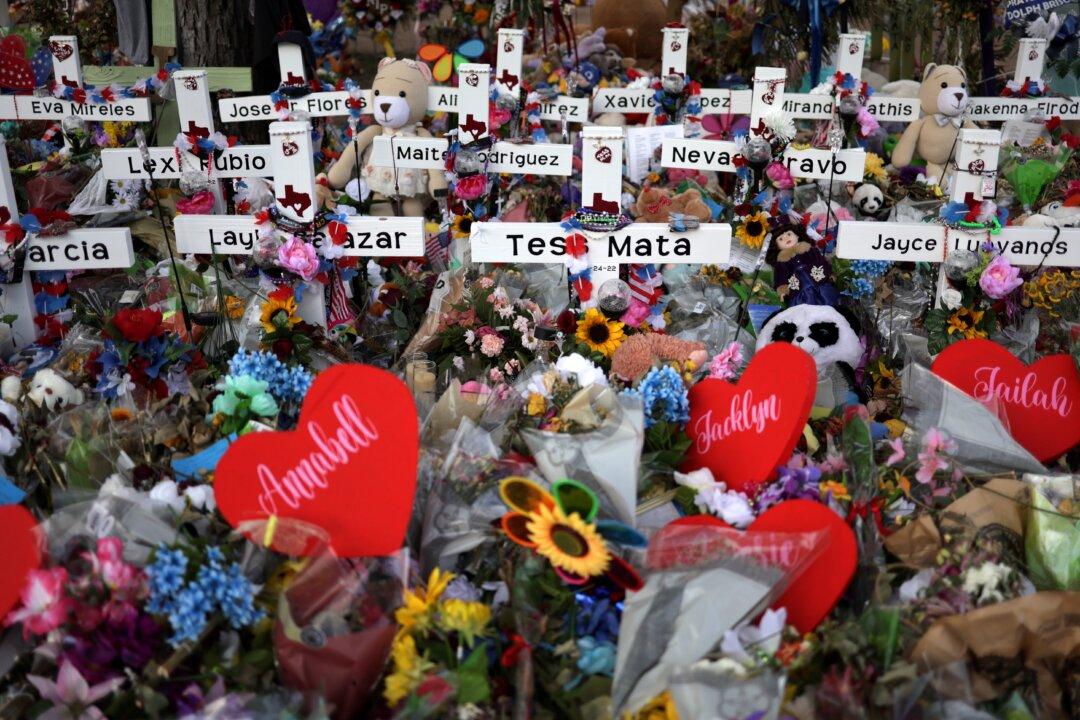Commentary
As Americans debate gun control measures following the mass shooting in Uvalde, Texas, some politicians are using the tragedy to advance their agenda against firearms.

As Americans debate gun control measures following the mass shooting in Uvalde, Texas, some politicians are using the tragedy to advance their agenda against firearms.